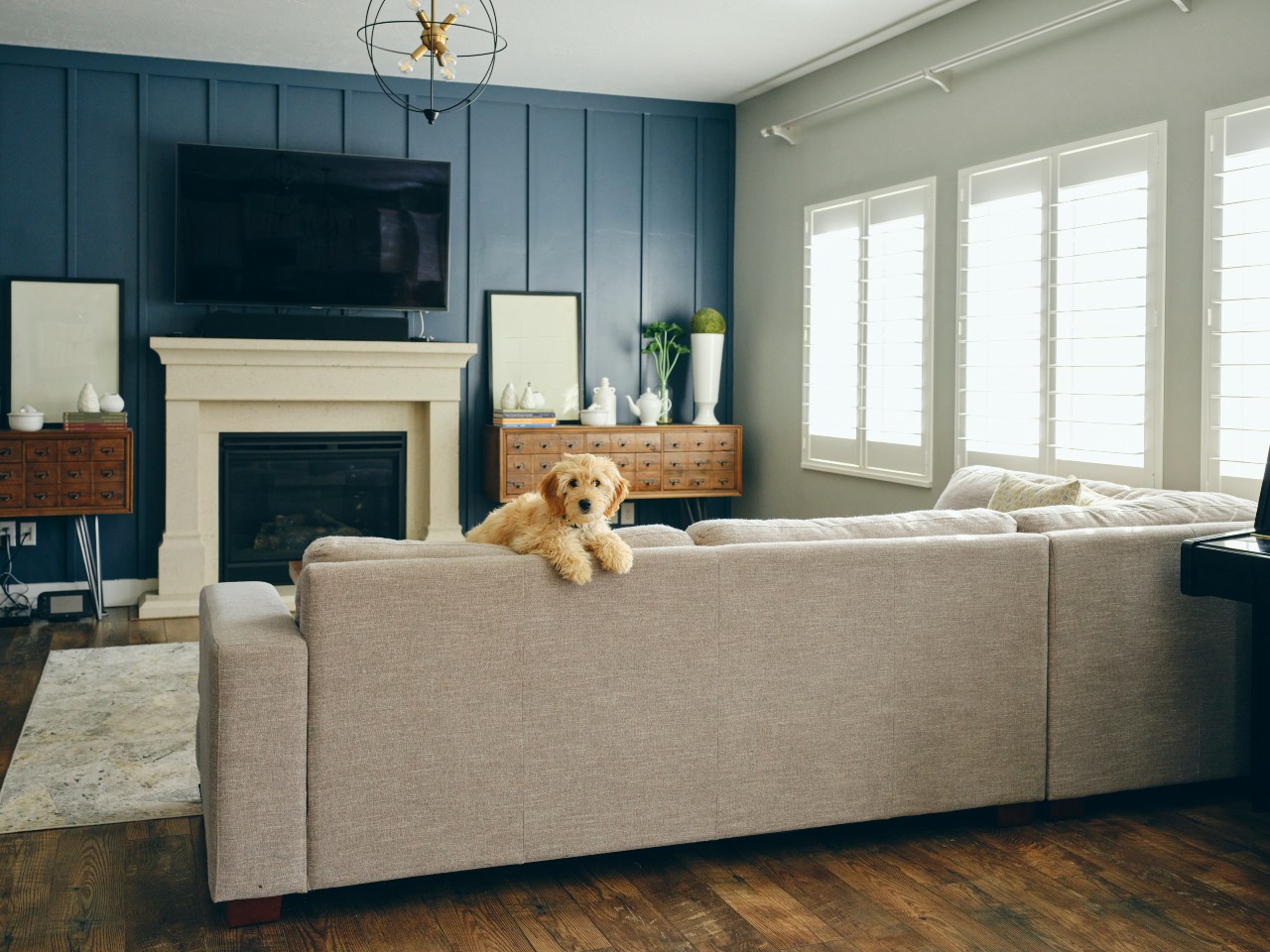When Does A Parent Need Personal Care?

It’s a moment every son or daughter dreads. That time when Mom or Dad needs a bit of extra help and some hard conversations need to be had. Suddenly, the child is making decisions for the parent. But helping your mom or dad take a positive next step in their lives can be a real blessing for everyone in the family.
What is personal care anyway?
In the great state of Pennsylvania, assisted living and personal care are licensed separately. They offer slightly different levels of care (assisted living provides some level of skilled health care services), but for the most part they both include assistance with the activities of daily living and medication management. In fact, many senior care communities include personal care homes, which offer most assisted living services, but the community simply hasn’t chosen to pay for the costlier license fee to be designated an assisted living facility in Pennsylvania.
Okay, I get it. Personal care isn’t assisted living. So what does it entail?
A personal care home provides a safe, dignified place for seniors to live when they don’t need all the services of a nursing home or a hospital, but still need a bit of extra assistance to keep life running smoothly.These are the activities of daily living personal care can help with:
- Bathing and personal hygiene
- Toileting
- Dressing
- Special diets and assistance eating
- Walking and mobility
Great. Now I know what personal care is. How will I know if my parent needs it?
Pay attention to your parent or loved one. Are they acting differently? Do they seem disheveled or confused? Are they forgetting to take their medications or pay their bills? These are just a few of the signs that perhaps they could use the added assistance of personal care.Here’s a more in-depth list of signs:
- Changes in diet or eating habits
- Lack of fresh, nutritious foods (or an abundance of expired foods)
- Bruises, scrapes or other indications they’re falling or having trouble getting around
- Stockpiled or expired medications
- Wrinkled, dirty clothing or never changing their clothes
- Piles of dirty laundry
- Worsening personal hygiene
- Lack of interest in lifelong hobbies or friends
- Forgetting to turn off the oven or other household appliances
- Increased traffic accidents or loss of license
- Stacks of unpaid bills, shut-off notices, etc.
I think personal care may help. What should I do next?
The first thing you should do is talk to your parent or loved one. In fact, get your siblings or other family members involved as well. This is a decision that affects everyone. When you do speak with your parent, don’t talk down to them. Don’t make them feel ashamed, and don’t act as if the decision has already been made.Put yourself in their shoes. None of us enjoy knowing that time has robbed us of some of our vigor and abilities. Come at this conversation from a place of compassion and don’t expect a resolution after only one talk.Once everyone agrees with the decision that it’s time to look into personal care, here are a few next steps we suggest:
- Determine your family’s budget.
- Research personal care homes in your area.
- Tour your favorite options.
- Speak to staff and residents.
- Help your parent or loved one make a smooth transition.
Why should I consider Freedom Village at Brandywine?
As you’re researching senior care communities, we think you’ll find that Freedom Village at Brandywine offers amazing personal care options in a beautiful, historic location. Our compassionate staff members will help with all the basic activities of daily living — whatever your loved one needs, it’s always their choice — including bathing, dressing and grooming, and medication management. Sometimes we all need a helping hand, and that’s just what your loved one will find when you choose personal care at Freedom Village at Brandywine.




